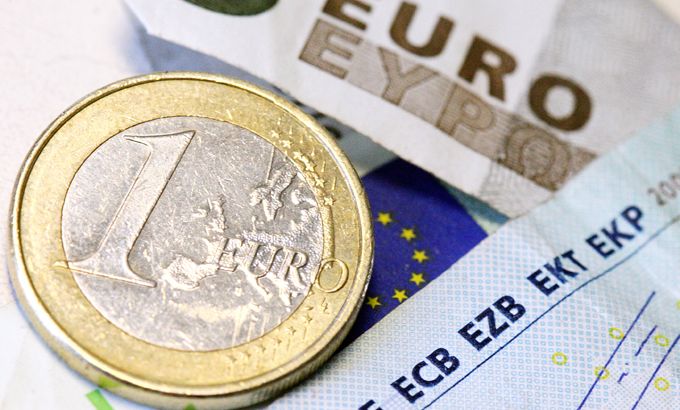World markets extend fall on growth fears
Eurozone debt crisis and Spain’s bank woes add to uncertainty caused by US report showing sharp job-creation slowdown.

World markets have dropped, extending heavy losses from last week, as the financial crisis in Europe continues unabated, with uncertainty hanging over Spain’s banking sector and Cyprus looking increasingly likely to need a European Union bailout.
Investors have been scared by a US report showing a sharp slowdown in the number of jobs created last month, adding to weak data from other major economies like Europe and Asia.
Keep reading
list of 4 itemsJapan’s yen surges after sinking to lowest level against dollar since 1990
What role do US tech giants play in powering Israeli war crimes?
Jobless engineers, MBAs: The hidden army of Indian election ‘consultants’
Unemployment in the 17 countries that use the euro currency stayed at a record-high 11 per cent in April. And there were signs that growth in China, which helped sustain the global economy through the 2008-2009 recession, is slowing significantly.
China’s manufacturing weakened in May, according to surveys released Friday.
Evidence of slowdown
Adding to the evidence of a slowdown, new figures showed companies placed fewer orders to US factories for the second straight month. The commerce department said Monday that orders for factory goods fell 0.6 per cent in April from March.
In Europe, Germany’s DAX lost 1.2 per cent to 5,978.23 though France’s CAC-40 managed to rise 0.1 per cent to 2,954.49. Markets in Britain were close d for a public holiday.
US markets opened lower, while in Spain, investors are waiting for what the government intends to do to boost the finances of some of its ailing banks.
The worry is that the government is already strapped for cash and might be overwhelmed by the costs of rescuing its own banks. It might have to tap EU rescue funds, but it is reluctant to do so because such aid would come with conditions on the government’s policies.
Despite the number of job seekers in Spain falling by a slight 0.63 per cent to 4.71 million people, the second consecutive monthly drop after hitting a record high in March, Spain has the highest unemployment rate in the industrialised world, with 24.44 per cent of the workforce idle, according to the national statistics office.
“Spain’s parliament insists it won’t be needing a bailout, but nor is it looking likely to find direct loans to inject into its banking system,” Al Jazeera’s Jonah Hull, speaking from Madrid, said.
“So the feeling becomes that the government may well find itself with no choice but to seek an international bailout which would of course be enormously bad news for a country already facing its second recession in just three years.”
Spain fell into recession early this year just two years after pulling out of its last one, and official data showed on Thursday that investors pulled a record amount of money out of the country in the first three months.
Troubles elsewhere
Meanwhile in Cyprus, the central bank governor said the eurozone member is struggling to find €1.8bn to inject in its second-largest lender, Cyprus Popular Bank, by a June 30 deadline.
That means it is increasingly likely to have to accept EU rescue funds. The chairman of Cyprus Popular Bank also suggested an EU loan now seemed more likely.
Markets came under siege earlier during trading in Asia. Japan’s Nikkei 224 index dropped 1.7 per cent to close at 8,295.63, its lowest finish since Nov. 28, 2011.
The broader Topix index ended below the 700 mark for the first time since December 1983, Kyodo News Agency said.
Hong Kong’s Hang Seng tumbled 2 percent to 18,185.59. South Korea’s Kospi shed 2.8 per cent to 1,783.13. Benchmarks in Taiwan and Indonesia fell three per cent and 4.3 per cent, respectively.
Mainland Chinese shares also lost ground, with the benchmark Shanghai Composite Index falling 2.7 per cent to 2,308.55.
The index’s drop of 64.89 points was the biggest this year.